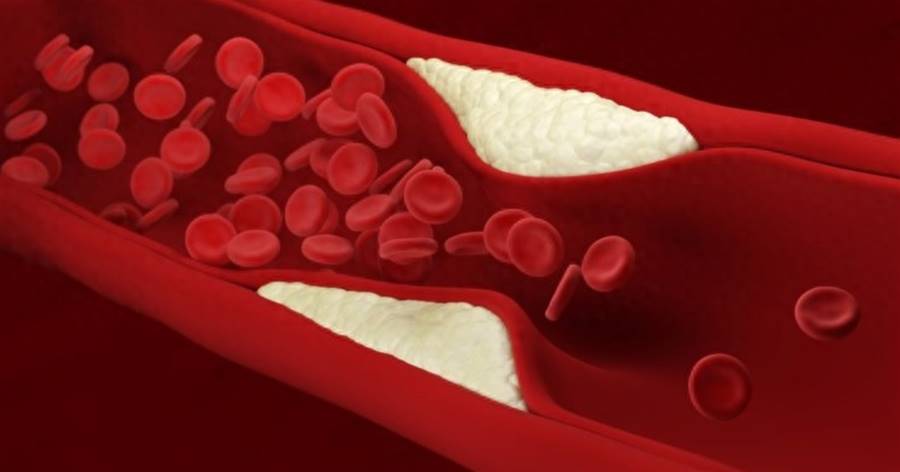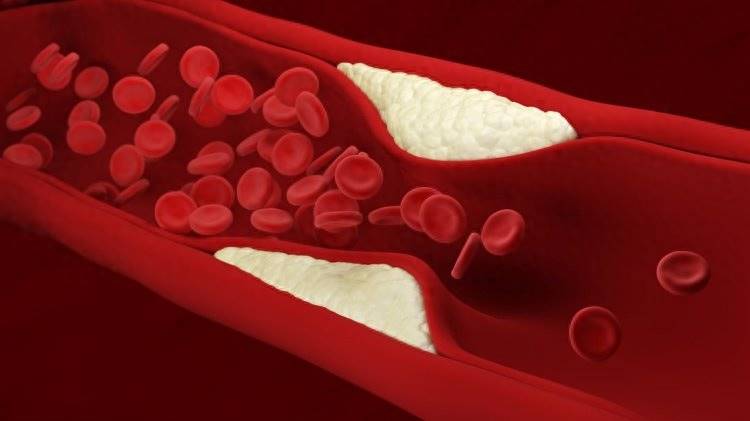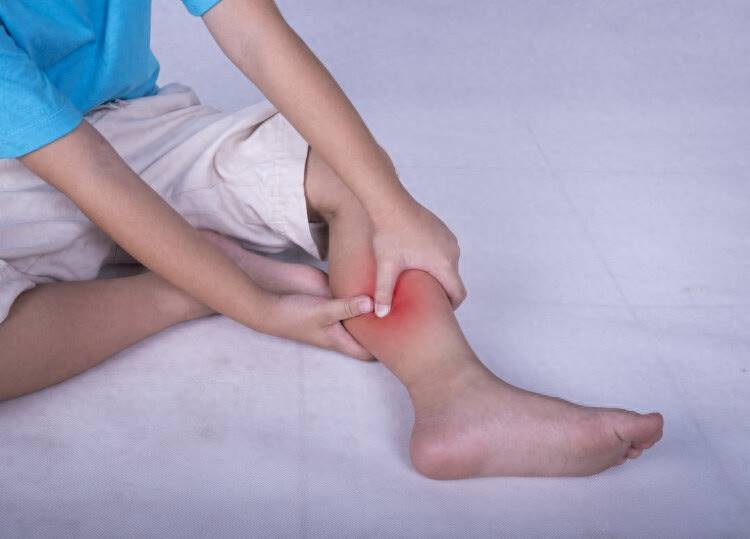
Mr. Liu, a 65-year-old man, discovered during a routine check-up that he had atherosclerosis in his neck arteries. In his search for solutions, he learned from a neighbor that drinking vinegar could soften the arteries. However, his reassessment showed that not only had the plaques not decreased, but they had actually increased. Additionally, Mr. Liu developed gastric ulcers due to the acidity of vinegar.
This highlights the importance of understanding arterial plaque and its effects on health.

1. Causes of Arterial Blockage
Unhealthy lifestyle choices, including smoking, alcohol consumption, and a diet high in saturated fats and sugar, can lead to changes in blood vessels.
This causes the formation of lipid plaques, which can lead to atherosclerosis. These plaques can narrow and block arteries, potentially leading to various health issues such as peripheral arterial disease and stroke.
2. Effects of Arterial Plaque
When arterial blockage occurs in the lower limbs, it can result in coldness, numbness, pain, and even tissue damage. Blockages in the carotid arteries can cause speech and coordination problems, and may lead to coronary artery disease or transient ischemic attacks.
Narrowing of the coronary arteries can lead to chest pain, nausea, and eventually, heart attacks.

3. Signs Indicating Arterial Blockage
Several symptoms may signal the presence of arterial blockage, including intermittent claudication (leg pain during walking), cold and swollen feet, numbness in the feet, and unexplained cramps.
These warning signs should be taken seriously and prompt a medical evaluation.
4. Self-Testing Methods for Arterial Blockage
Measuring blood pressure in both arms can help identify arterial damage, as a significant difference (>20 mmHg) may indicate vascular disease. Another test involves compressing the palm and observing the speed of paleness recovery, as slow recovery suggests impaired blood flow.
5. Foods That Can Damage Arteries
Contrary to popular belief, vinegar does not soften arteries and can even harm the digestive system. Other unproven methods include consuming red wine, fish oil, onions, and black fungus. Instead, avoiding excessive consumption of fatty meats, processed foods, sugary drinks, and pickled foods can help maintain healthy blood vessels. ‘

Understanding arterial plaque and its detrimental effects on health is crucial for prevention and proper management. Adopting a healthy lifestyle, including a nutritious diet, regular exercise, stress management, and controlling the risk factors for cardiovascular diseases, can help maintain optimal vascular health.



















